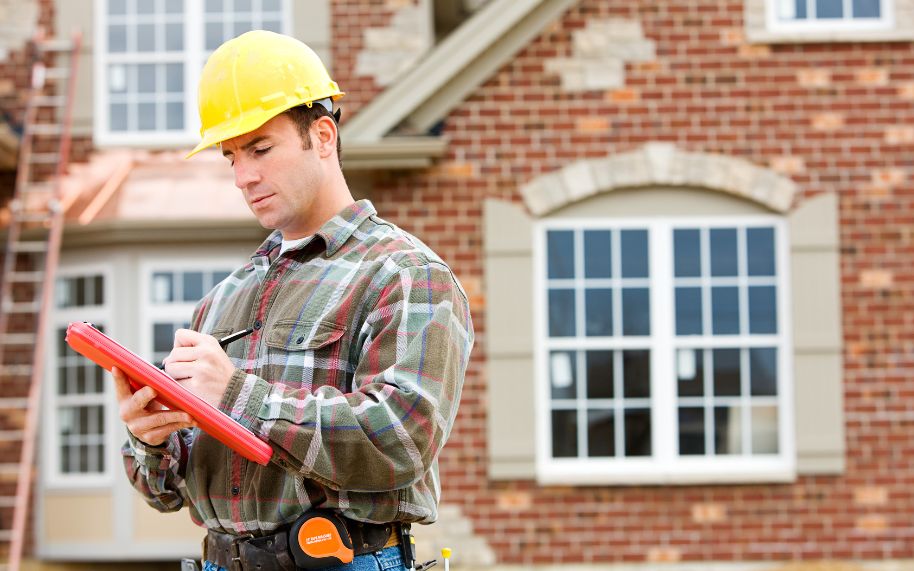Structural concerns are no laughing matter and can wreak havoc on residential properties. From sloping floors to warped walls and water damage, these severe defects require the knowledge of professionals to assess and correct.
Suppose you’re in the process of buying a home or currently own a residential property and noticed a suspected issue like a crack or the appearance of settlement on a wall. In that case, it may be time for a structural engineer inspection. But what is the process, and what does it entail?
To learn what you need to know about structural engineer inspections, continue reading below.
What a Structural Engineer Inspection Is
A structural engineer inspection is an evaluation performed by a knowledgeable professional who can assess the structural integrity and code compliance of buildings. Engineers inspect the applicable weight-bearing components of a home or structure, such as the foundation, framing elements, columns, and beams.
Property owners typically request an inspection upon developing a concern for the building’s integrity, and must decide whether to provide access to a specific area or the entire building.
Not To Be Confused With Home or Property Inspections
A common misconception is that home or property inspectors and structural engineers are one and the same. Both provide assessments to report the current condition of a property or portion of a building; however, their scopes are vastly different.
Home or property inspections are all-encompassing and typically focus on noticeable defects in plumbing, electrical, and HVAC amenities. They also focus on basements, foundation cracks, chimneys, dry rot, and other apparent concerns. Home inspectors are legally bound to provide a statement if a structural concern exists but are not permitted to provide structural engineering judgement.
For instance, if a competent home inspector finds a visible defect in a home’s foundation such as a settlement crack, they would present the concern to the owner and refer them to a structural engineer such as the team at Axiom Structures. The owner would then need to retain the services of the engineer and schedule an engineering inspection.
During the inspection, the structural engineer (or their representative) conducts a thorough assessment of the subject area to assess the severity of the crack and provide conclusions. To remediate any damage, a homeowner can then request a signed and sealed written report outlining the findings and the possible solutions.
When Your Home Will Require a Structural Inspection
Many homeowners know to hire a structural engineer inspection when buying a home, particularly when a home inspector recommends it. It is also beneficial to hire a structural engineer inspection when selling your home. Requesting an inspection before placing your home on the market is beneficial since it allows you to address structural concerns promptly and so there are fewer surprises during the sale.
Your property may also require a structural inspection to ensure you remain compliant with local building permit requirements. Many home additions or alterations require a structural inspection either before or after the work is complete. New construction on the property or in the area could also warrant a structural inspection. Lastly, as certain buildings age, they reach periodic milestones which then require additional structural inspections.
Signs You Should Contact a Structural Engineer
As a building ages, a certain amount of settlement or degradation from the elements is normal and may create minor structural concerns on the property at any time. However, there are specific clues for a property owner to look for that require the expertise of a structural engineer.
The property owner (or home inspector) should walk completely around the property and check for cracked mortar, stairstep pattern cracking in walls and underneath windows, crumbling bricks, and warped stucco, as these indicators may signal a foundation issue. Finally, a full review of the interior of the property should be performed to observe any dampness in crawl spaces, uneven gaps in doors and windows, termite damage, and sagging floors are all red flags and require an immediate engineer inspection.
Knowing about structural engineer inspections empowers you to be vigilant against structural issues on your property before they become detrimental to the home’s integrity. Please contact us on our Axiom Structures “contact us” webpage here (provide link: https://axiomstructuresfl.com/contact-us/ ) to learn more about the residential structural inspection process. We would be glad to help.

